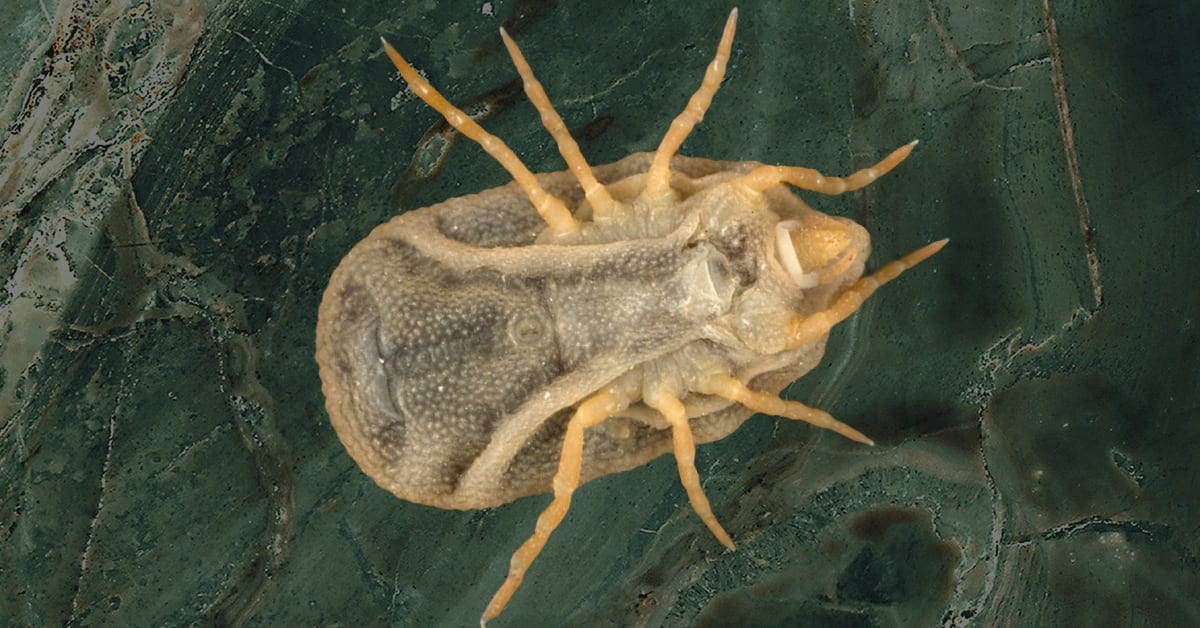Bat Tick: Carios kelleyi, or C. kelleyi
Did you know that scientists have discovered over 200 types of viruses in bats? Although they may not transmit all to humans, many of the pathogens they carry are still deadly. These include some of the most fearsome zoonotic viruses known to humans, such as Ebola and SARS.
As if that’s not enough, researchers also recently discovered a bat tick in New Jersey. According to them, the soft tick could bring potential harm to both people and animals.
So, what exactly is this tick found in NJ bats, how does it look, and what should you do if you think one bit you? Read on to find out the essential facts about these parasites.
Bat Tick: A New Addition to NJ’s List of Parasites
The recently discovered bat tick in NJ is a species of soft ticks known as “Carios kelleyi.” Before its discovery, all known ticks in NJ have been of the “hard” species. Hard ticks, like those found in deer, are those that can cause the dreaded Lyme disease.
Carios kelleyi, or C. kelleyi, is a soft tick because it has a soft and leathery body. Scientists say that this soft tick species was already in 29 states prior to its detection in New Jersey. This September 2020, however, biologists found the parasites in NJ bats.
What Do Soft Ticks Look Like?
Adult bat ticks are small, measuring about 3/8-inch in length. Their bodies can be light to dark brown. Upon closer look, you’ll notice that warts or “granules” cover their exterior.
Where Can You Find These Parasites?
Soft ticks often hide in the cracks and crevices of buildings and places where bats roost. They’re like bed bugs that want to stick close to their “host,” as they also feed on and suck blood.
If bats are present, the parasites won’t wander far from them. However, if the bats leave the nest, the ticks will get hungry and start looking for another host. That next host could be you, your pets, or your livestock.
What Disease Can These Bat Ticks Carry?
Unlike hard ticks, the soft ticks in bats don’t appear to transmit Lyme disease. Experts also say that their actual public risks are still unknown.
However, what’s certain is that bat ticks do bite. Although they are “benign” bites, they may cause redness on the bitten area.
Researchers also found some of the bat ticks in other states to carry harmful microbes. According to them, these pathogens are a health threat to both people and animals.
What to Do if You Find Bats or Bat Ticks
If you find bats near your home in New Jersey, please contact NJ Pest Control right away. The team provides immediate wildlife nuisance control services, including bat removal. Since bat ticks bite and may cause diseases, it’s best to leave them in the hands of professionals.
Don’t Let Soft and Hard Ticks Infest Your Home
While bat tick diseases are still a mystery, it’s best to stay on the safe side. If you do find these soft, leathery ticks at home, get in touch with your local NJ pest control experts. If you get bitten, it’s also a smart idea to call your doctor to ensure that no adverse effects occur.
Have you seen bats roosting near your property in New Jersey? If so, then let our team of experts here at NJ Pest Control handle your problem! Give us a call now, and we’ll be happy to assist you in any kind of pest control and removal.
We serve the New Jersey counties of Morris County • Bergen County • Essex County • Passaic County • Union County • Sussex County • Warren County • Hunterdon County • Somerset County
Get in touch to see if we service your town.

